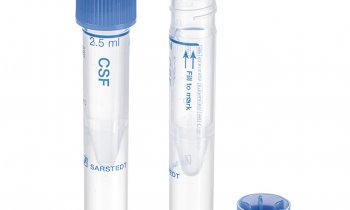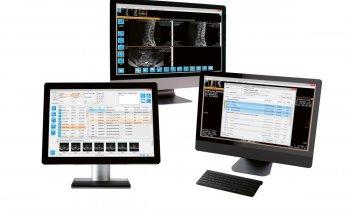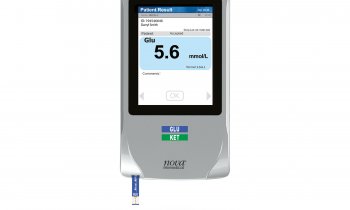
© Robert Kneschke – stock.adobe.com
News • Risk prediction
Kidney failure: frail CKD patients might fall under the radar
Researchers have found that a common tool used by clinicians for predicting kidney failure could be underestimating the risk of failure for some people.
The study – led by the University of Glasgow and published in the Clinical Journal of the American Society of Nephrology (CJASN) – suggests the Kidney Failure Risk Equation (KFRE), a prognostic tool that is widely recommended in clinical guidelines, could be underestimating the risk of kidney failure for individuals with chronic kidney disease who also have frailty. The findings – which looked at 24,489 people from the UK Biobank – also show that the prediction of kidney failure is improved for these people when a simple, alternative blood test, which can also be used to measure kidney function, is used alongside the KFRE tool.
It is important not to overlook this group of patients, who are more likely to experience frailty alongside multiple long-term health conditions
Heather Walker,
The study shows that the addition of the cystatin C-test – with analyses accounting for the competing risk of people dying before they progress to kidney failure – could greatly improve predictions of kidney failure for this group of people. Cystatin C has been proposed as a more accurate test for assessing and estimating kidney function, compared to the commonly used creatinine test, particularly in older patients. Previous research has shown it can be a better way to test kidney function for some groups of people; and, as it is also more sensitive, may be able to identify a heightened risk of developing and dying from cancer in people with chronic kidney disease.
Chronic kidney disease is characterised by gradual loss of kidney function over time,. Although kidney failure requiring dialysis is rare, mild kidney disease is common, affecting around 10% of the population, and it is usually asymptomatic and therefore not routinely diagnosed and monitored infrequently.
Frailty – a condition of increased susceptibility and vulnerability to stressors, with increased risk of adverse events such as falls, delirium and hospitalisations – is also common amongst adults with chronic kidney disease, and its presence can impact chronic kidney disease and risk of death, and individuals with chronic kidney disease are more likely to experience frailty than those without it.
Currently, clinical guidelines recommend the use of just the Kidney Failure Risk Equation (KFRE) to guide the management of the disease, and there is limited evidence to guide how chronic kidney disease management should be altered in the presence of frailty.
Dr Heather Walker, Research Fellow at the University’s School of Cardiovascular and Metabolic Health, said: “Our findings could have important implications on clinical practice and the way patients with frailty and chronic kidney disease are tested and cared for. It is important not to overlook this group of patients, who are more likely to experience frailty alongside multiple long-term health conditions.”
Dr Bhautesh Jani, Clinical Senior Lecturer at the University’s School of Health and Wellbeing, said: "Frailty is often related to ageing, and people with frailty are likely to have multiple health conditions. We need to improve our understanding of frailty's impact on health outcomes for conditions like chronic kidney disease to offer more appropriate treatment options for patients."
Source: University of Glasgow
12.08.2025











